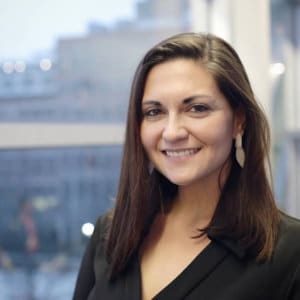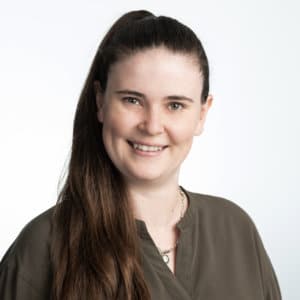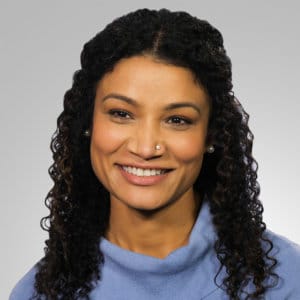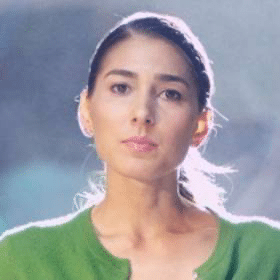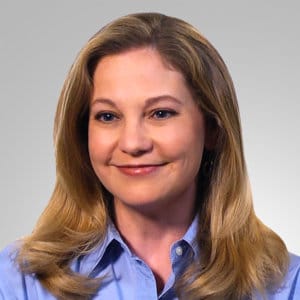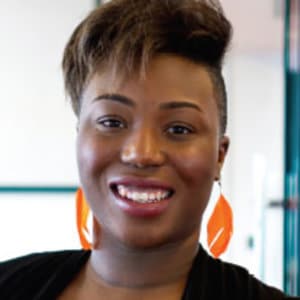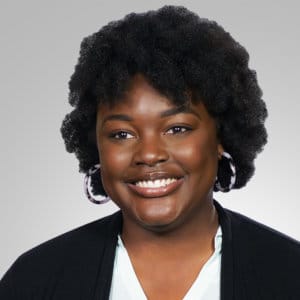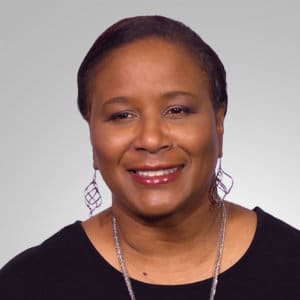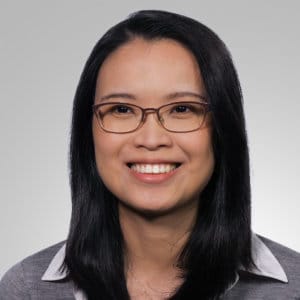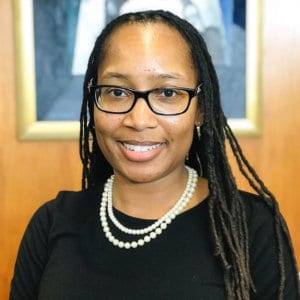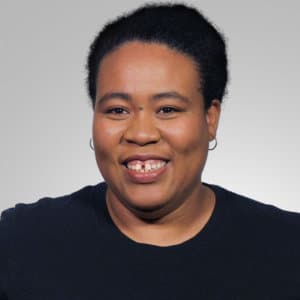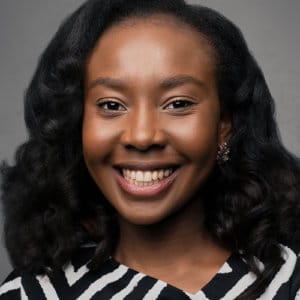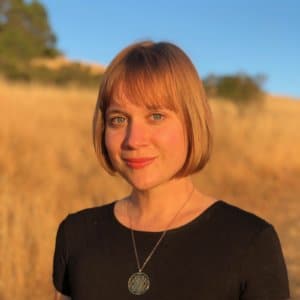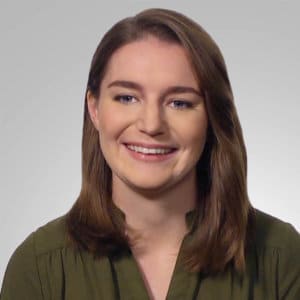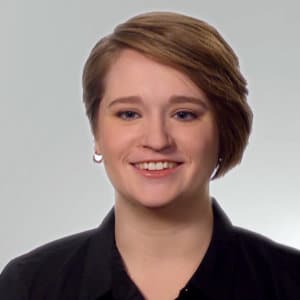AI & Robotics Camp 7.20.20 – 7.24.20
Girls attending the Career Girls Artificial Intelligence Summer Camp learned about Artificial Intelligence, Machine Learning, and Robotics from women experts thriving in those fields.
This summer camp consisted of five, one-hour sessions geared towards ages 10-14, via Zoom, to earn a Career Girls Artificial Intelligence Summer Camp Certificate of Completion.
Thank you to Toyota Research Institute and all of our individual donors and volunteers who made this a free event for all girls who attended.
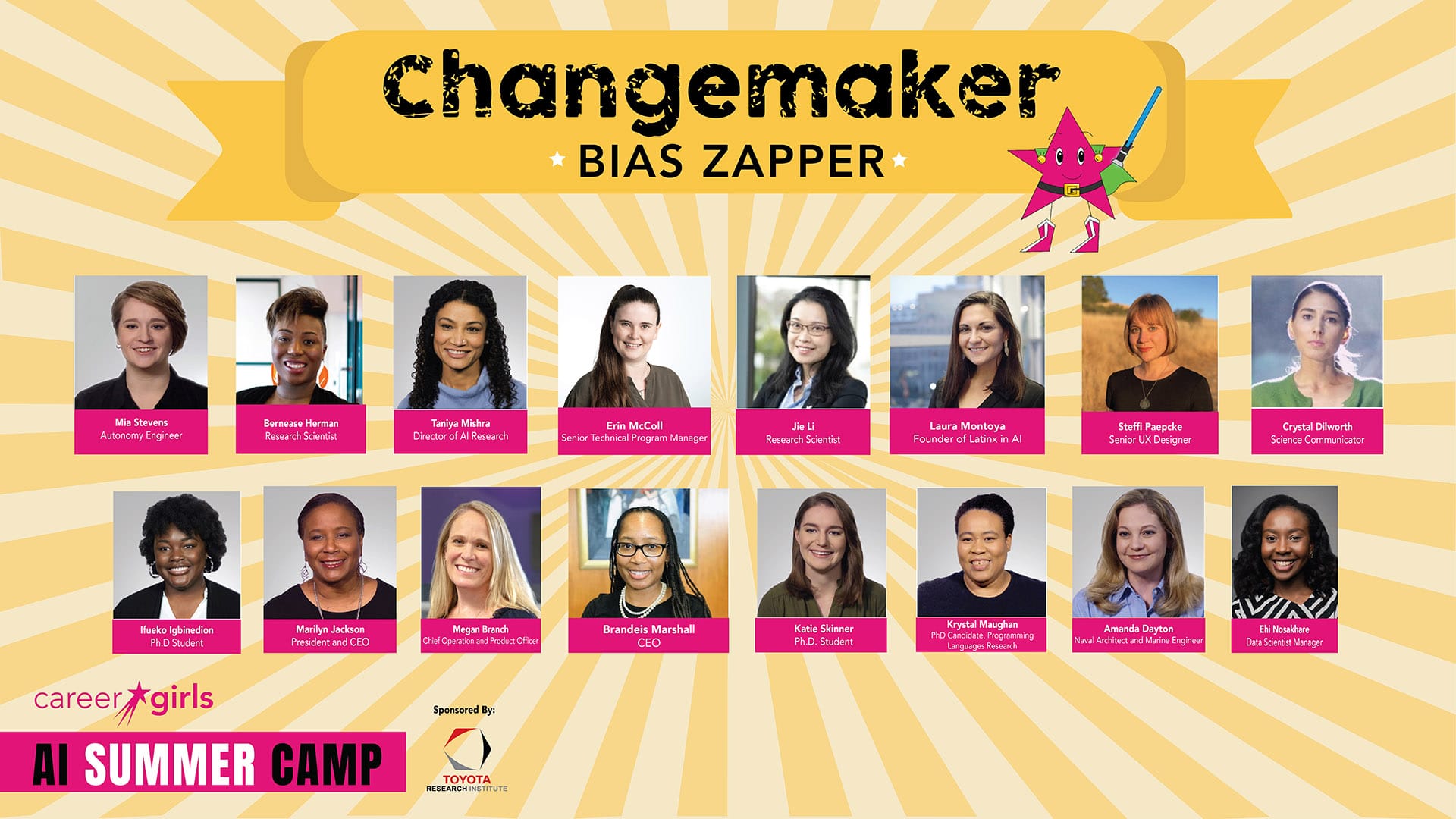
“My favorite part was seeing so many role models who look just like me thrive in careers where they are just as smart and persistent and are just as acclaimed and praised as the men beside them. The role models were just so inspiring.”
“I loved them all! Every presenter talked about their jobs as if it were the best thing that has ever occurred to them!”
“The most exciting thing I enjoyed about camp was when I got my mini robot and programmed it.”
“I enjoyed getting to learn about some of my favorite subjects with so many girls just like me. Especially when we used the Sphero Mini Robot. That was fun to learn about and play with.”
“My favorite part of camp was meeting new role models every day, learning about their jobs and their journey, being able to ask them questions.”
Laura Montoya
Laura is the Founder and Managing Partner of Accel Impact, including Accel AI Institute, Latinx in AI (LXAI), and Research Colab. After receiving a B.S. in Biology, Physical Science, and Human Development from Eastern Michigan University where she conducted a behavioral study tracking tarantula movement during prey scent detection in the Spider Lab, she organized an annual lectureship for the orthopedic oncology residency program while at the University of Michigan Hospital. She moved to the San Francisco Bay area to work at the Mathematical Sciences Research Institute before jumpstarting her career in software engineering at Intuit revamping their Quickbooks online platform. She is a director with Women Who Code and advisor for Udacity’s AI and Data nano-degree. She chairs and serves on Program Committees for workshops at AI and ML research conferences including FAT*, NeurIPS, ICLR, and ICML.
She has led sessions on social impact, tech diversity, and ethical AI development at Creative Mornings, Katapult Future Fest, Silicon Valley Future Forum, Tech Inclusion Conference, Thrival Summit, Global Hive Summit, and keynoted the “Future of Work” for the Data and Society Conference at UC Berkeley. Laura has given guest lectures and technical workshops at Google, Santa Clara University Law, Stanford University Computational Social Science, and GTC Deep Learning School. Recently she spoke at TEDx Santa Barbara and has been featured in WITtalks and CIIS podcasts, Xconomy, Verizon News, and Forbes Leadership.
Erin McColl
Erin McColl is a Senior Technical Program Manager within Autonomous Driving at Toyota Research Institute (TRI). In this role, she leads multiple technology programs, leveraging her diverse engineering background and deep program management expertise to facilitate complex, enterprise-wide initiatives critical to TRI’s autonomous driving strategy. She’s also the President of the Women and Allies Employee Resource Group, which is committed to expanding opportunities for women in technical fields at TRI and across the industry.
A native of Australia, Erin began her career as a robotics engineer in food manufacturing, where she worked on 3D imaging systems for factory automation. Looking for more in-depth research experience, she then spent time in medical engineering research creating 3D printing systems and processes for biofabrication. Immediately prior to joining TRI, she led a 30+ person DARPA project team within the Robotics and Autonomous Systems Group at CSIRO Data 61 (the digital innovation branch of the Australian government’s national science research agency).
Erin earned her Bachelor of Engineering – Mechatronics from the University of Queensland. She also holds a Masters of Applied Science from the Queensland University of Technology, and a Masters of Biofabrication from the University of Würzburg. She has authored papers and patents on the design and fabrication of robotic systems and specialized 3D printing processes.
Taniya Mishra
Taniya Mishra, Director of AI Research at Affectiva. She leads a team of researchers who explore ways to get computers to understand human emotions so that technology can better serve our needs. The most rewarding part of her work is building new systems that enhance people’s lives and gives them a positive experience of interacting with technology. Taniya says that girls should consider a career in AI because AI is ingrained into every aspect of our lives now and will be even more so in the future. Her advice to girls is to dream big; ambition is attractive and inspires those around you.
Crystal Dilworth
Dr. Crystal Dilworth is a modern polymath combining deep expertise in both art and science to develop effective narratives around identity, leadership, and human behavior. As a science communicator, STEM ambassador, and business consultant her mission is to help others “better understand themselves and their world, so that they can become masters of their own destiny.”
Her curiosity about the human brain first led her to Caltech where she was awarded a Ph.D. in molecular neuroscience and then to a career in science communication. As a television host and producer, Dr. Dilworth helps to create television media airing in more than 100 countries world-wide. As a science communicator, she works both in front of and behind the camera to improve the communication of science, highlight the process of scientific discovery, and demonstrate the diversity of people and ideas that contribute to Science Technology Engineering and Math (STEM).
Crystal is a part of the TV show “Mission:Unstoppable” that airs Saturday mornings on CBS as part of the “CBS Saturday Morning Dream Team” line up. The show is sponsored by the IF/THEN initiative. It is targeted at the middle-school age group and their parents and it features women in science and technology, most of whom are IF/THEN ambassadors.
Amanda Dayton
Amanda Dayton is a naval architect and marine engineer. She uses math and science to help design vessels, boats, and structures that operate in the marine environment. A favorite part of her job is being able to combine her engineering skills with an interest in robotics to develop new underwater inspection services. Similar to a drone, she can operate her robot remotely to take pictures and assist with underwater ship repairs. She loves her job in science and technology, and wants girls to know they are important to society and are needed and valuable in all careers.
Bernease Herman
Bernease Herman is a research scientist at the eScience Institute and Paul G. Allen School of Computer Science at University of Washington in Seattle. Bernease has most recently published work on synthetic data methodologies, evaluation for out-of-distribution data, and participatory methods for algorithmic bias. Her research interests span data augmentation, model evaluation, and explainability for data science and machine learning. Prior to UW, she worked for Amazon’s Supply Chain Optimization Technologies organization where she developed and deployed models to optimize inventory ordering for millions of products.
Ifueko Nosakohare Igbinedion
Ifueko Igbinedion is a PhD Student at The Massachusetts Institute of Technology. Prior to MIT, Ifueko spent six years at Stanford, receiving bachelors and masters degrees in Computer Science and Electrical Engineering, respectively. During her time at Stanford, she focused heavily on artificial intelligence and computer vision with applications to lifestyle, and spent five summers at Google working on artificial intelligence applications for virtual reality, mobile shopping, and hardware testing. Her current doctoral research focuses on leveraging multiple viewpoints to improve accuracy of deep learning applications for the operation and navigation of drone swarms.
Marilyn Jackson
Marilyn Jackson, President and CEO of UnderGrid Networks. In her job as a digital strategist she works with emerging technologies such as artificial intelligence (AI), blockchain, 5G, and virtual and augmented reality. Because AI will have an extraordinary impact on our lives, she encourages girls to be creators and not just consumers of this technology. Her advice to girls is to not be afraid of technology even if you don’t understand it at first. Being able to jump in and learn anyway is going to help you in your career.
Jie Li
Jie Li is a research scientist interested in mobile robotics and machine learning. She got her B.S. degree in Electronic Engineering from Tsinghua University in Beijing. She then got her Ph.D. degree from the University of Michigan in Computer Vision and Robotics. In graduate school, she was mainly working on improving localization and mapping capability of underwater robots under extreme environments. At TRI, she is working on a variety of machine learning problems for automated driving, including GAN-based domain adaptation, panoptic segmentation, and depth estimation.
Brandeis Marshall
Brandeis H. Marshall, DataedX CEO, has 15+ years of experience as a computer science scholar and educator. Her work focuses on the racial, gender and socio-economic impact of data in technology, including designing data science pedagogy for marginalized communities and assessing the socio-technical implications of BlackTwitter. Brandeis participates in increasing data understanding, sharing best data practices and broadening participation in computer + data science through speaker and workshop leader events. She holds a B.S., M.S., and Ph.D. in computer science from the University of Rochester and Rensselaer Polytechnic Institute, respectively.
Krystal Maughan
Krystal Maugan is a PhD candidate in Programming Languages Research at the University of Vermont with a focus on Data Privacy (specifically Differential Privacy) and Machine Learning and ways that privacy can work (is robust) and is verifiable (my lab focuses on provable privacy and security; privacy that works). She also TA-ed for Data Privacy coursework (Python), as well as a Programming for Engineers Matlab course (Matlab), and a Compilers course in Haskell and another CS course. Her precise focus can be described as Data Privacy (Differential Privacy) meets Fairness meets AI. In terms of Fairness, her focus draws from the technical aspects of computer science in Programming Languages (which has a rigid, provable method of what it means for something to work), and her critical film theory and art history (specifically, in Latin American political art), to question what it means for our data to be secure, what it means to encode trust, and what is ethical, considering margins of power that exist in the world.
Ehi Nosakhare
Ehi Nosakhare is a Data Scientist Manager at Microsoft’s New England Research and Development Center (NERD). She designs, develops and leads the implementation of machine learning (ML) solutions in application projects for Microsoft’s products and services. She has a Ph.D. in Electrical Engineering and Computer Science (EECS) from the Massachusetts Institute of Technology (MIT). Her dissertation was on developing probabilistic latent variable models and variational inference methods, and applying them to healthcare problems. Ehi got her S.M. in EECS from MIT, and graduated with a B.Sc. in Electrical Engineering, summa cum laude, from Howard University, Washington DC. As a student, she completed internships at Microsoft and IBM T. J. Watson Research Center. She is a recipient of a best paper award at the ML for Healthcare Workshop at NeurIPS, a top tier ML academic conference. Ehi has been honored as a Tau Beta Pi Scholar and Fellow, and is a member of IEEE Eta Kappa Nu honor society. She is very passionate about using ML to solve real-world problems and studying the ethical implications of ML/AI. In her spare time, she enjoys reading and re-learning to play the cello.
Steffi Paepcke
Steffi Paepcke is a Senior User Experience Designer at Toyota Research Institute (TRI). She earned a BA in Psychology at the University of California, Santa Cruz and a Master of Human-Computer Interaction from Carnegie Mellon University. Steffi has held user experience design and human-robot interaction researcher positions in leading industry and academic organizations, including Willow Garage and the Open Source Robotics Foundation (now Open Robotics), which she co-founded.
In 2016, Paepcke joined TRI where she’s responsible for UX research and design support for all of TRI’s robotics teams. To advance TRI’s mission of developing robots to help improve the quality of life for an aging population, Steffi conducts research identifying the needs of this population and translates those needs into solutions and engineering requirements. Additionally, she designs and tests robot user interfaces, advocating for the user’s experience throughout the development process.
In her free time, she enjoys hiking and camping, conscious dance, sewing, and attempting to better train her willful and irresistibly cute dog.
Katie Skinner
Katie Skinner is a Ph.D. student at the University of Michigan Robotics Institute. In her research she uses underwater robots with artificial intelligence (AI) and computer vision to create high-resolution maps of the seafloor. Mapping the seafloor will help marine scientists make new discoveries about our oceans. She does her programming in a lab, but the most rewarding part of her job is when she puts her robot into the water and watches it perform as she planned. Katie believes that AI is an exciting field for girls to consider, because it’s still very new and girls can impact how it’s going to grow and how it’s going to shape the future of society.
Mia Stevens
Mia Stevens is an Autonomy Engineer at Aurora Flight Sciences, a Boeing Company, where they design and build the future of flight. Her thesis is the development of a geofencing system for small unmanned aerial systems, which is the goal of creating 3D flight volumes for drones to safely fly near other aircraft and obstacles. Outside of research, she is a member of the Robotics Graduate Student Council where she has held the position of Secretary, Professional Networking and Development, and President. She was admitted as one of the first eight students in the Robotics program at the University of Michigan. Before that, she did her undergrad at the Massachusetts Institute of Technology, in the Department of Aeronautics and Astronautics. She learned how to program during her sophomore year at MIT, and it shifted her entire career trajectory from traditional aerospace to drones and robotics. Outside of academics, she was a member of the varsity swimming and diving team, competing in 1m and 3m springboard diving for her first three years and as an assistant coach my senior year. She started diving in high school, because she had done gymnastics for 10 years, which was her main hobby other than violin.
